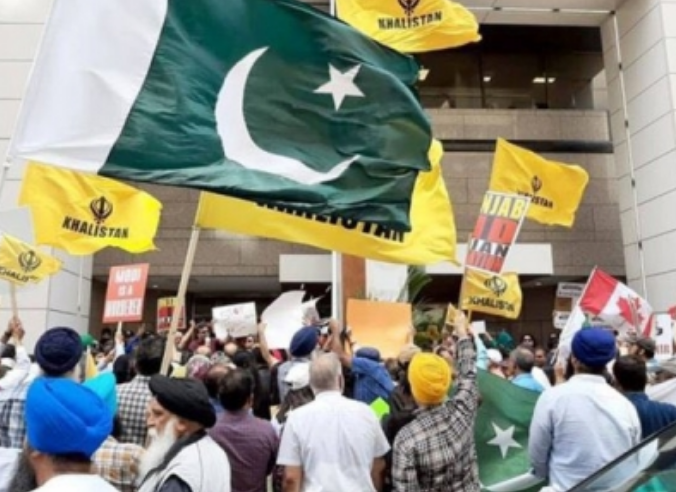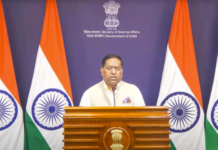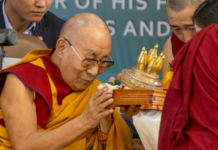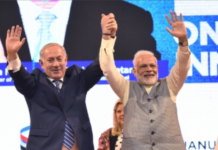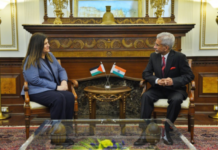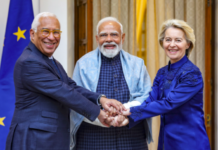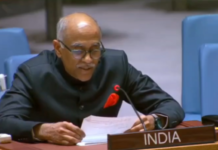Ottawa– The demand for Khalistan, which took shape after the 1970s, has been pushed largely by fringe elements in India and abroad, while the vast majority of Sikhs have accepted their place within India and do not back the call for an independent state, according to a report cited on Friday.
“Political forces in India are faced with an enigmatic situation regarding the demand for Khalistan, which has been raised in various quarters in India and abroad since the early 1970s. The issue gains utmost significance in light of the disturbances created by Khalistan proponents abroad in March 2023, following government actions against a self-styled separatist Sikh leader named Amritpal Singh and his supporters in Punjab, India,” the report published in Khalsa Vox stated.
It said that protests in 2023 were most visible in countries with large Sikh diaspora communities — the UK, the U.S., Canada, and Australia — where Sikh radicals, many granted political asylum, have been more aggressive in advancing the separatist cause.
Tracing its roots, the report noted that the Khalistani campaign began with Jagjit Singh Chauhan, followed by Jarnail Singh Bhindranwale, Dal Khalsa, and several militant groups in the 1980s and 1990s. Later figures included Simranjit Singh Maan and the banned U.S.-based “Sikhs for Justice,” with Amritpal Singh as the most recent to attempt to revive the propaganda.
The report argued that the Khalistan issue was often used by opportunistic political parties in India to polarize communities and gain electoral advantage. It said Amritpal Singh’s campaign collapsed in much the same way as Chauhan’s “government in exile,” underscoring the weakness of the separatist push.
“The saga of Amritpal Singh’s failure should serve as an eye-opener for everyone, marking the failure of the Khalistan conspiracy. The protests abroad will eventually prove more detrimental to the Khalistan cause and may become problematic for the protesters themselves, as the concerned governments will need to take strict measures to maintain domestic stability and safeguard their diplomatic relations with India, a prominent nation,” the report said.
It added that the Khalistan movement’s decline stems from lessons learned by Punjabis during the violence of the 1980s and 1990s and the awareness fostered by access to social media. “Sikhs in Punjab also have concerns for members of their community settled in different parts of the country outside Punjab. It is crucial for the vested interests among politicians in India to exercise caution in the future,” the report concluded. (Source: IANS)


